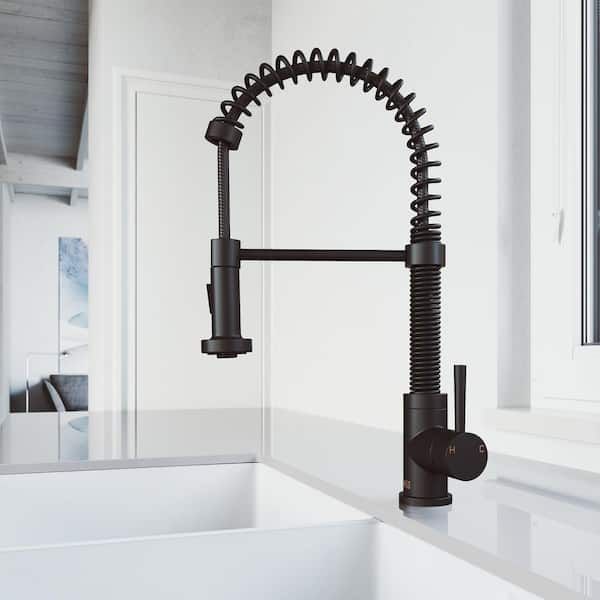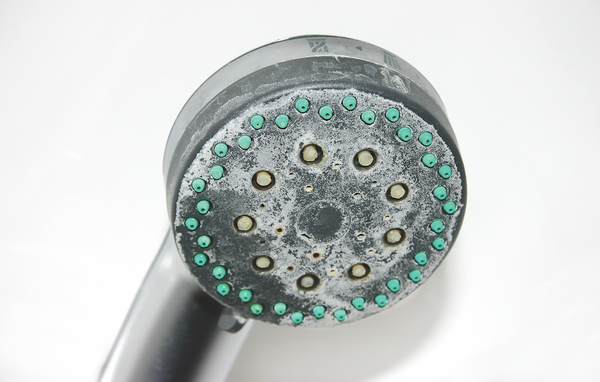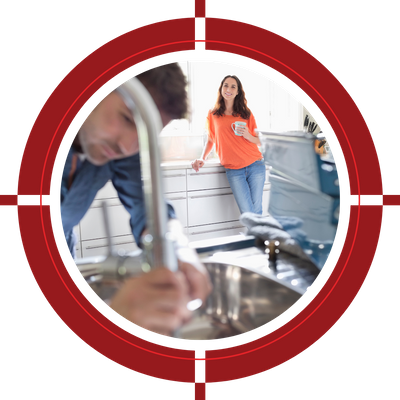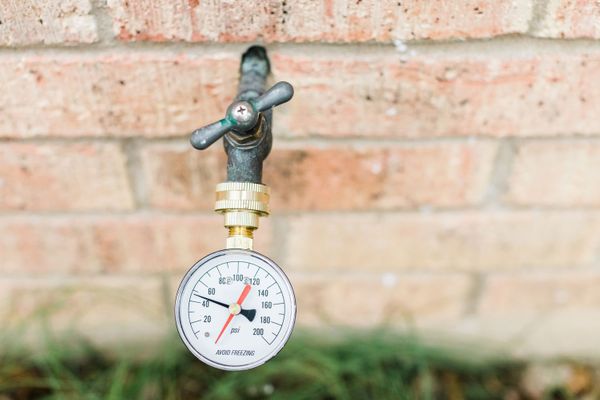Experiencing low water pressure can be a frustrating issue. It can affect your daily activities, from showering to washing dishes. But what causes low water pressure? It could be due to a variety of reasons.
Why Do I Have Low Water Pressure?
Ryan Stacey

Understanding Low Water Pressure
Low water pressure refers to a decrease in the force that moves water through your pipes. It's a common issue in many households.
This problem can make simple tasks like showering or washing dishes take longer. It can also affect appliances that rely on a certain water pressure level to function properly.
Understanding the causes of low water pressure is the first step towards resolving the issue. It's also crucial in preventing future occurrences.

Potential Causes of Low Water Pressure
There are several reasons why you might be experiencing low water pressure. It could be due to issues with your plumbing system or the municipal water supply.
Sometimes, the problem is as simple as a closed or partially closed valve. Other times, it could be due to more complex issues like clogged water lines or mineral buildup in pipes.
Water leaks can also lead to low water pressure. This is because water is escaping from the system before it reaches your faucets or appliances.
High water pressure can also cause damage to your pipes, leading to low water pressure over time. Let's delve into these causes in more detail.
Closed or Partially Closed Valves
Your home's water supply is controlled by several valves. If these valves are not fully open, it can restrict water flow.
Check the main water valve and the individual shut-off valves for each fixture. Ensure they are fully open to maximize water pressure.

Clogged Water Lines
Clogged water lines can significantly reduce your water pressure. This is often due to sediment or debris buildup in the pipes.
Regular maintenance can help prevent this issue. If you suspect a clog, it's best to call a professional for water line repair.

Water Leaks
Water leaks can cause a significant drop in water pressure. If water is escaping from your system, it won't reach your fixtures at the desired pressure.
Regular inspections can help detect leaks early. If you notice a sudden drop in water pressure, check for signs of a water leak.

High Water Pressure Damage
High water pressure can cause damage to your pipes over time. This damage can lead to leaks, which in turn can cause low pressure.
If you have high pressure, consider installing a pressure regulator. This device can help maintain a safe and consistent water pressure level.
DIY Tips for Troubleshooting
If you're experiencing low pressure, there are a few things you can do to troubleshoot the issue. Start by checking the valves in your home. Ensure they are fully open to allow maximum water flow.
Next, check for clogged aerators on your faucets. These can often be cleaned or replaced to improve water pressure.
Finally, try flushing your water heater. Sediment buildup in the tank can affect pressure. If these steps don't resolve the issue, it may be time to call a professional.
Common areas that have low pressure:
In Tulsa, some areas have experienced low water pressure issues due to water pump problems and maintenance activities. These incidents particularly affect residents in high elevation zones or those close to certain water treatment facilities. Specific areas include:
- **Southside Secondary Pressure Zone** (from E. 61st St. to E. 91st St., between S. Harvard Ave. and S. Sheridan Rd.)
- **Near the Tulsa County Fairgrounds** (between E. 15th St. and E. 24th St., from S. Harvard Ave. to S. Yale Ave.)
- **Turkey Mountain** and **Oakhurst** service areas
- **Gilcrease Hills** (W. 36th St. North to W. Edison Ave., LL Tisdale Expressway vicinity)
- Parts of **West Tulsa** and **Woodcrest Service Area**【6†source】【7†source】.
These areas are more likely to have low pressure during pump outages or maintenance. The city often tells residents to save water during these times.

When to call Spot On Plumbing of Tulsa Plumbers
If DIY troubleshooting doesn't resolve your low pressure, it's time to call a professional. Persistent low pressure can indicate serious issues like water leaks or corroded pipes.
A professional plumber can perform a thorough inspection and carry out necessary water line repairs. This ensures your plumbing system functions optimally and prevents further damage.
Next Steps
Understanding why you have low pressure is the first step towards resolving the issue. It could be due to a simple problem like a partially closed valve or a more complex issue like a water leak.
Regular maintenance and timely water line repairs can help prevent these issues. If you're unable to identify or fix the problem, don't hesitate to call Spot On Plumbing of Tulsa plumbers. They have the expertise to diagnose and resolve your low pressure issues effectively.
